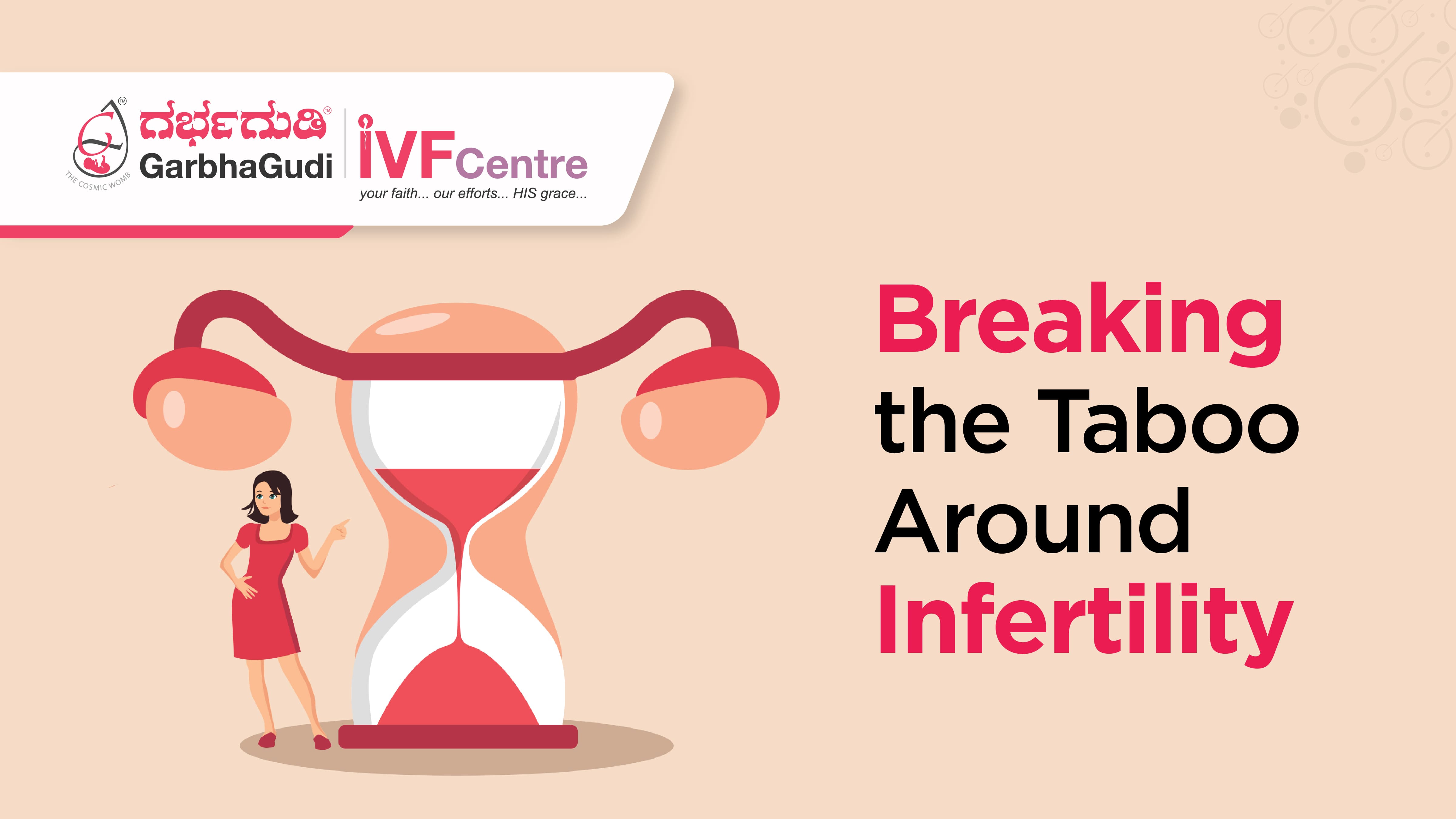Breaking the Taboo Around Infertility: Stories of Strength

Infertility is a condition that affects millions of individuals and couples globally, yet it remains a highly stigmatized topic in many cultures. The societal silence around infertility often leads to feelings of isolation, guilt, and frustration for those experiencing it. By breaking the taboo and fostering open discussions, individuals can access valuable knowledge, support, and solutions to overcome fertility challenges.
In this blog, we focus on providing practical and actionable information to help users better understand infertility, its causes, solutions, and ways to seek support without feeling stigmatized.
Why Infertility Remains a Taboo Subject
Lack of Awareness: Many individuals are unaware that infertility is a medical condition and not a personal failure.
Cultural Beliefs: In certain cultures, societal pressure to conceive places blame unfairly on individuals, especially women.
Fear of Judgment: Couples fear being labeled as “incomplete” or “incapable,” leading to silence about their struggles.
Gender Bias: There’s a widespread misconception that infertility is solely a woman’s issue, despite male factors contributing to nearly 40-50% of cases.
Breaking these barriers starts with education, awareness, and promoting fertility as a health topic, not a taboo.
What Is Infertility?
Infertility is defined as the inability to conceive after 12 months of regular, unprotected sexual intercourse (or 6 months for women over 35). It is a medical condition and not a reflection of someone’s worth or capabilities.
Understanding Male and Female Infertility
Female Infertility: Common causes include ovulation disorders (PCOS), blocked fallopian tubes, endometriosis, uterine issues, and age-related factors.
Male Infertility: Contributing factors include low sperm count, poor sperm motility, hormonal imbalances, and lifestyle habits.
Recognizing infertility as a shared issue is essential for addressing it effectively.
Common Causes of Infertility
Understanding the causes can empower individuals to take action and seek proper medical care.
1. Female Factors
Hormonal Imbalances: Issues like PCOS, thyroid disorders, and high prolactin levels disrupt ovulation.
Age: Women experience a decline in egg quantity and quality after 35.
Blocked Fallopian Tubes: Caused by infections, surgeries, or pelvic inflammatory disease.
Endometriosis: A condition where tissue similar to the uterine lining grows outside the uterus, affecting fertility.
Uterine Issues: Fibroids, adhesions, or structural abnormalities in the uterus can prevent implantation.
2. Male Factors
Low Sperm Count or Motility: Reduced sperm production or poor movement affects fertilization.
Lifestyle Factors: Smoking, alcohol consumption, and stress can impact sperm quality.
Hormonal Issues: Low testosterone and imbalances hinder sperm production.
How to Seek Help for Infertility
If you’ve been trying to conceive without success, it’s important to seek help. Here’s how to take the first steps:
Consult a Fertility Specialist
A fertility doctor can assess both partners through tests like ovarian reserve testing, semen analysis, hormone profiling, and ultrasound scans to identify the cause of infertility.Understand Available Treatments
Treatments depend on the diagnosis and may include:Medications: Hormonal drugs can stimulate ovulation.
IUI (Intrauterine Insemination): Sperm is inserted directly into the uterus to increase chances of fertilization.
IVF (In Vitro Fertilization): Eggs are retrieved, fertilized with sperm in a lab, and transferred back to the uterus.
ICSI (Intracytoplasmic Sperm Injection): A single sperm is injected directly into an egg for severe male infertility.
Egg/Sperm Donation: Used when viable eggs or sperm are unavailable.
Be Open to Counseling
Psychological support is critical. Counseling can help individuals and couples manage the emotional stress of infertility.
The Importance of Breaking the Silence Around Infertility
Reduces Isolation: By talking openly about infertility, individuals realize they are not alone.
Promotes Early Intervention: When people understand infertility is a medical condition, they are more likely to seek medical advice early.
Fights Stigma: Open discussions challenge outdated societal norms that place blame on individuals.
Encourages Support Networks: Support groups and communities provide emotional relief and shared experiences for those struggling.
Lifestyle Changes to Improve Fertility
In addition to medical treatments, making positive lifestyle changes can improve fertility for both men and women:
1. Healthy Diet
Include fertility-boosting foods like leafy greens, berries, lean proteins, nuts, and whole grains.
Reduce processed foods, sugar, and trans fats.
Stay hydrated.
2. Exercise Regularly
Moderate exercise supports hormone balance and overall health.
Avoid overexercising, which can negatively impact fertility.
3. Manage Stress
Stress can disrupt hormone balance and ovulation. Mind-body practices like yoga, meditation, and deep breathing can help.
4. Quit Harmful Habits
Stop Smoking: Smoking lowers sperm count and egg quality.
Limit Alcohol: Excess alcohol can impair fertility in both men and women.
Avoid Environmental Toxins: Reduce exposure to harmful chemicals.
Educating Others: How You Can Help
Breaking the taboo around infertility is not just about individual awareness but also encouraging open conversations in society. Here’s how you can contribute:
Talk About It: Openly discuss fertility struggles with trusted family and friends to reduce stigma.
Educate Yourself: Share scientifically accurate information to debunk myths.
Support Others: If someone you know is struggling, offer empathy and understanding without judgment.
Spread Awareness: Use social platforms to share information and inspire others to seek help.
Modern Advances in Fertility Treatments
Science and technology have significantly improved fertility treatment success rates. Some innovations include:
Time-Lapse Imaging in IVF: Improves embryo selection for higher success rates.
Preimplantation Genetic Testing (PGT): Screens embryos for genetic conditions, increasing IVF success.
Ovarian Tissue Freezing: Preserves fertility in women facing cancer treatments.
AI in IVF: Artificial Intelligence helps predict embryo viability, improving outcomes.
These advancements give new hope to couples worldwide.
Infertility is a medical challenge, not a taboo or a reflection of failure. By fostering open dialogue, seeking timely medical intervention, and adopting a supportive mindset, we can empower individuals to face infertility with confidence.
Breaking the silence helps people understand that they are not alone, reduces stigma, and promotes effective solutions. With awareness, education, and advancements in medical science, infertility can be addressed successfully.
If you are struggling with fertility challenges, remember that help is available. Reach out to fertility specialists, prioritize your health, and take the first step toward your dream of parenthood. Breaking the taboo starts with you.